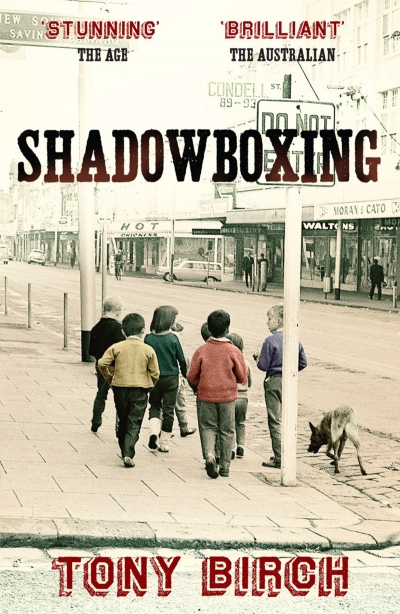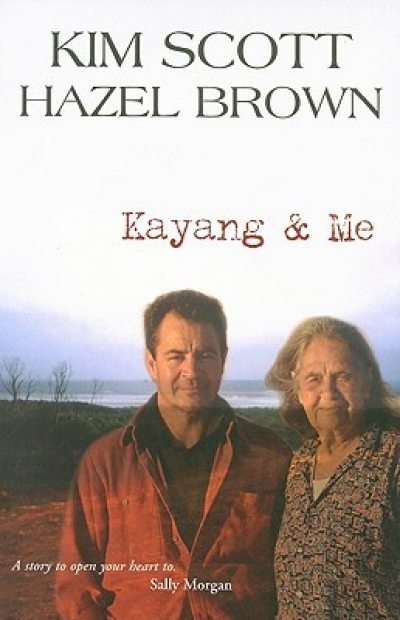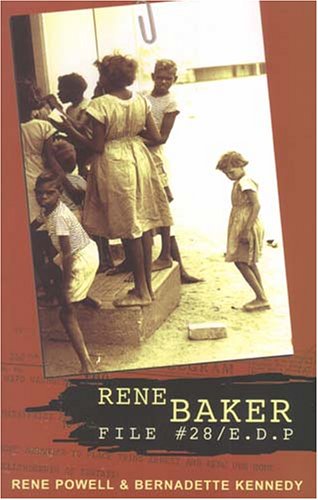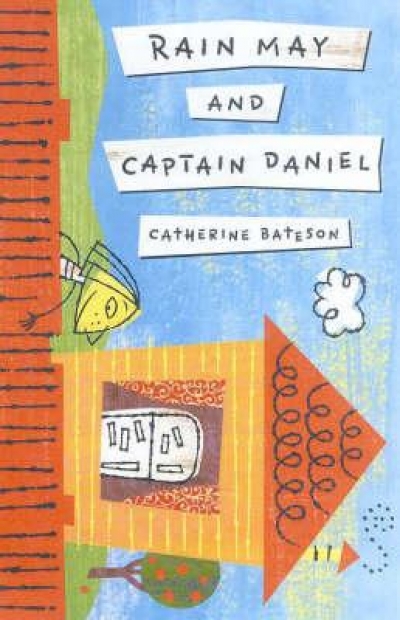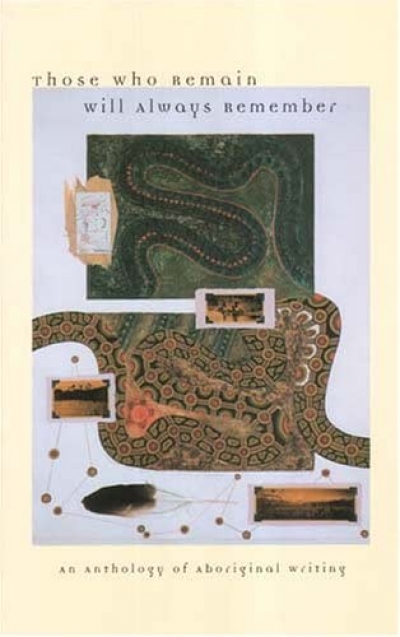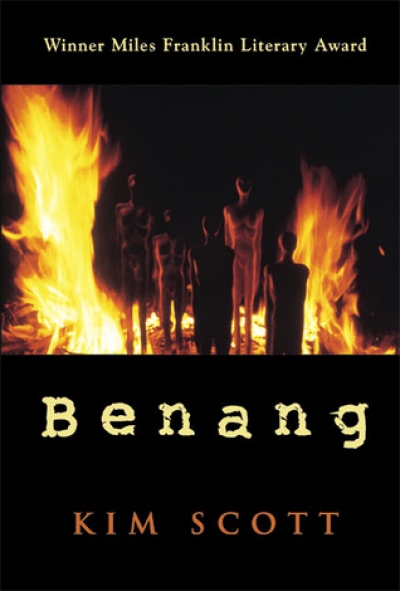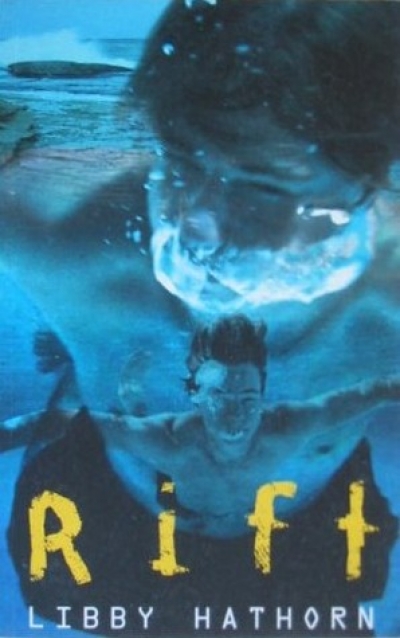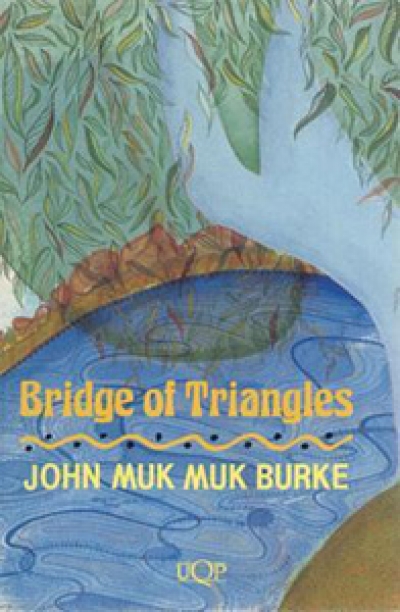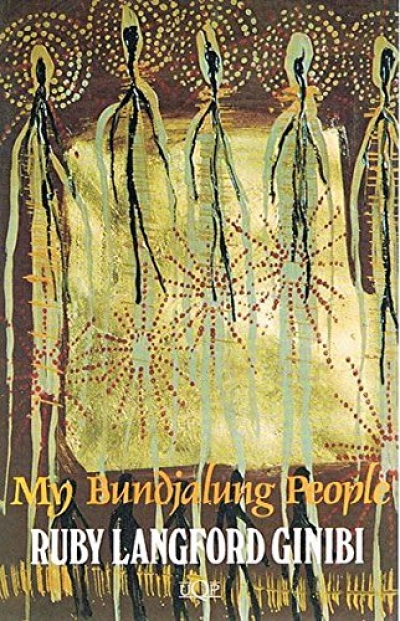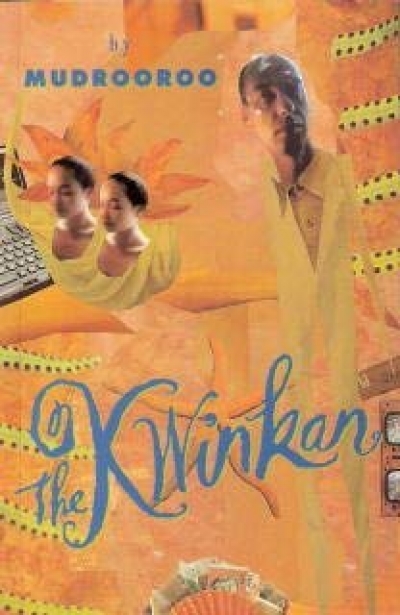Accessibility Tools
- Content scaling 100%
- Font size 100%
- Line height 100%
- Letter spacing 100%
Indigenous Writing
RENE BAKER FILE #28/E.D.P. by Rene Powell and Bernadette Kennedy
by Ceridwen Spark •
Rain May and Captain Daniel by Catherine Bateson & Too Flash by Melissa Lucashenko
by Ruth Starke •
Those Who Remain Will Always Remember: An anthology of Aboriginal writing edited by Anne Brewster, Angeline O’Neill and Rosemary van den Berg
by Philip Morrissey •

